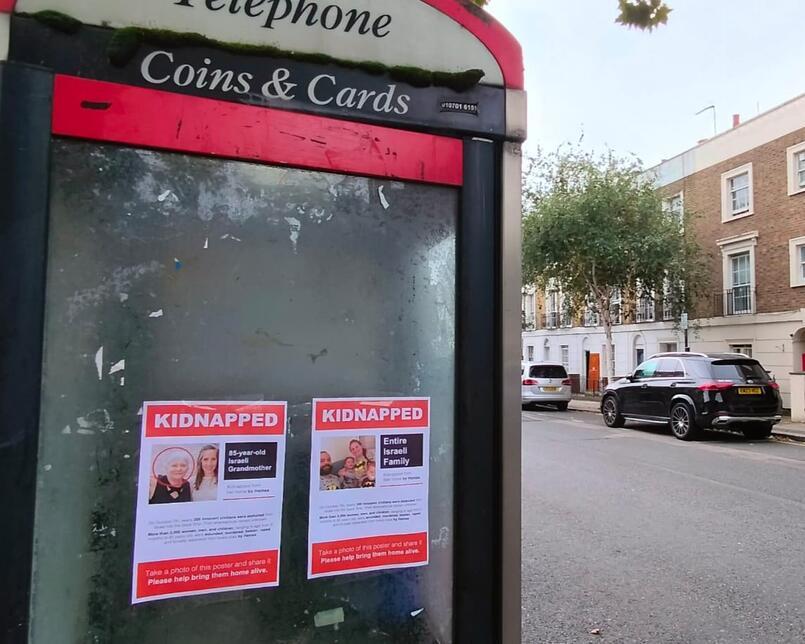Jews weren’t powerless before the state of Israel existed, and we are not all-powerful since. We need cool headed leaders that understand it
Dr Jonathan Boyd
Dr Jonathan Boyd
For a few hours that day, we experienced something inconceivable for the past 75 years: what a world without a State of Israel might feel like. Without adequate intelligence, without a government able to act, without military systems capable of immediate response, Israel found itself extraordinarily vulnerable to the most barbaric violence imaginable. And if Israel’s sophisticated defence systems had not kicked into gear eventually, if the Israeli army had failed to defend its citizens at all, we would now be talking about the assault as a genocide. Of that, I am certain.
Psychologically, October 7 represents a devastating blow to Jews everywhere. In our popular imagination, Jewish life prior to 1948 functioned within a paradigm of ‘powerlessness’ – a situation in which we had so little control over our lives that forced conversions, expulsions, pogroms and ultimately genocide were normative. But Jewish life since 1948 has functioned within a paradigm of ‘power’ – a new reality in which we have the agency, courage and military might to ensure that no one can ever commit atrocities against us again.
October 7 has shaken that post-1948 paradigm like nothing before. However strong we may be, however much we have built up our defences, we remain profoundly vulnerable. And as if to rub a huge handful of Dead Sea salt into our wounds, the antisemitic hate we have seen in the UK since that horrifying day shows us just how far the hostility extends. That’s why we feel so devastated – it is not just that we have suffered a devastating attack; it is that the story we have been telling ourselves for 75 years – the one that has given us a sense of security and comfort for decades – has been revealed to be something of a myth.
In reality, these tales of power and powerlessness that we have told ourselves have never been absolute. As the historian David Biale argued in Power and Powerlessness in Jewish History, we were neither as powerless pre-1948 nor as powerful post-1948 as we often assume. Rather, there is a longstanding tradition of Jewish politics that runs throughout our history, and we have always utilised that tradition to try to ensure our security and maintain control of our Jewish communal life, both historically and contemporaneously.
Drawing on Biale’s work, it is time now, I think, to stop telling ourselves vacuous fairy tales or horror stories. They do us no favours. Israel is not all powerful, and the country is not impenetrable; rather, it has remarkable cultural, religious and military resources, longstanding but unstable democratic institutions, profound difficulties managing the Palestinian issue, and a strong but deeply divided society with cartoonish and contradictory images of the angels and demons within, who, it is variously claimed, either build or destroy the country. That’s the reality, and Israel needs experienced and pragmatic political, military, religious and cultural leaders who can look it squarely in the face, warts and all, and build the infrastructure and alliances the country needs to secure its future.

We need to stop telling ourselves fairy tales and nightmares about the UK too. We are not powerless here, and the country is not a total cesspit of antisemitism; rather, we have significant friends and significant enemies, and we need to strategize intelligently to manage our way through the many complex social and political challenges that exist.
And if October 7 changes everything in Israel, it also changes everything here. It can no longer be business as usual. The community urgently needs wise, cool heads to lead it; highly skilled leaders and professionals able to draw on deep wellsprings of knowledge, experience and political know-how who can rise above their own prejudices and aspirations and start working for the community as a whole. In this new reality, nothing less will do.
Executive Director
Executive Director
Jonathan has been Executive Director of JPR since 2010, having previously held research and policy positions at the JDC International Centre for Community Development in...
Read more